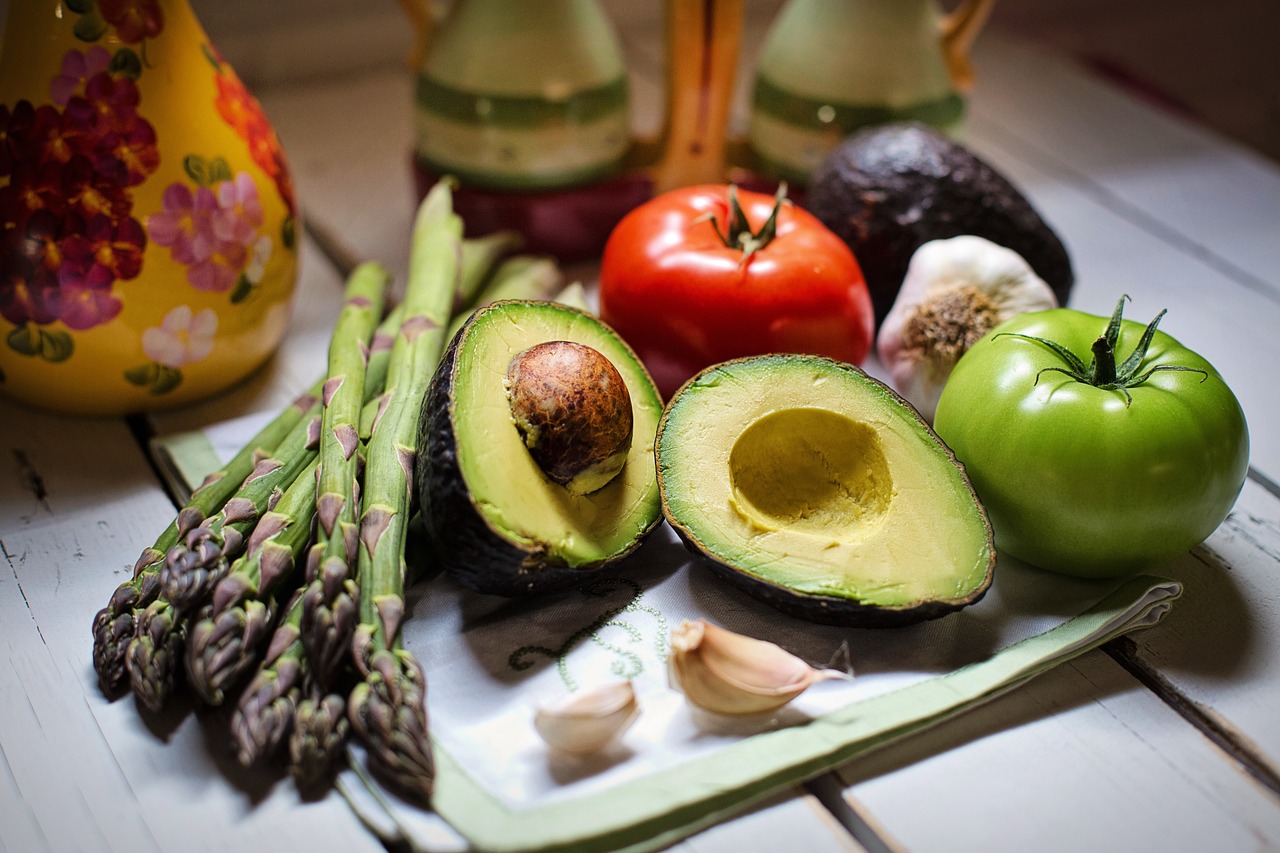
The Gluten Dilemma: Should You Eat or Avoid It?
Discover the Surprising Truth About Gluten Consumption
Eating gluten has become a hot topic in recent years, generating both enthusiasm and concern. Gluten, a protein found in wheat, barley, and rye, is often vilified, especially with the rise of gluten-free diets and celiac disease awareness. Many people are uncertain whether they should include gluten in their diet or avoid it altogether. This article explores the advantages and disadvantages of eating gluten, providing valuable insight for your dietary choices.
While some individuals thrive on gluten-free diets due to allergies or sensitivities, many others enjoy gluten-rich foods without any adverse effects. The debate rages on: is gluten harmful or harmless? Understanding the pros and cons of consuming gluten is essential to making informed choices that suit your own health needs and lifestyle.
Pros
Despite its poor reputation, eating gluten does have several advantages that are often overlooked. For many, gluten is an integral part of a balanced diet, offering key nutrients and benefits. One of the biggest advantages includes the enjoyment of a variety of foods, especially for those who love bread, pasta, and baked goods. Additionally, gluten-containing products often provide essential vitamins and minerals that can contribute to overall health. Let's delve deeper into the many advantages of gluten consumption.
Missing a pro?
Cons
While there are advantages to eating gluten, it's equally important to acknowledge the potential downsides associated with its consumption. For some individuals, gluten can be a source of health problems, ranging from digestive issues to autoimmune disorders. Understanding these risks can help individuals make informed dietary decisions. In this section, we will explore the various disadvantages of gluten consumption, focusing on its impact on health for those sensitive to it.
Missing a con?
Conclusion
In conclusion, eating gluten presents both advantages and disadvantages, highlighting the complex nature of dietary choices. For some, gluten provides essential nutrients and a delightful culinary experience. For others, it poses health risks that cannot be dismissed. Ultimately, the decision to incorporate gluten into your diet should be based on individual health needs, preferences, and lifestyle. By weighing both sides, you can better navigate the gluten dilemma and make informed choices that benefit your well-being.
What do you think?
Do you think the pros outweigh the cons?








